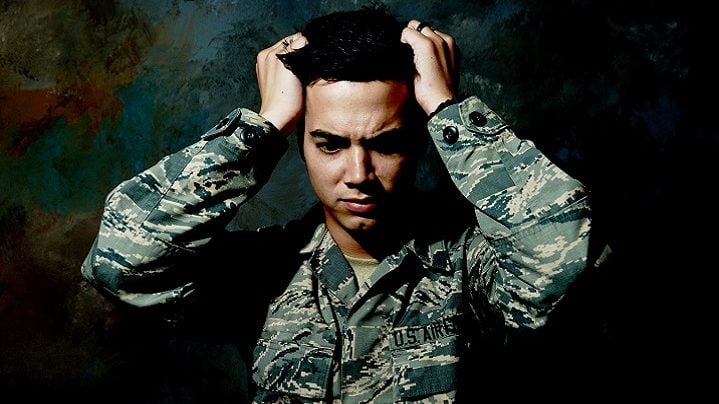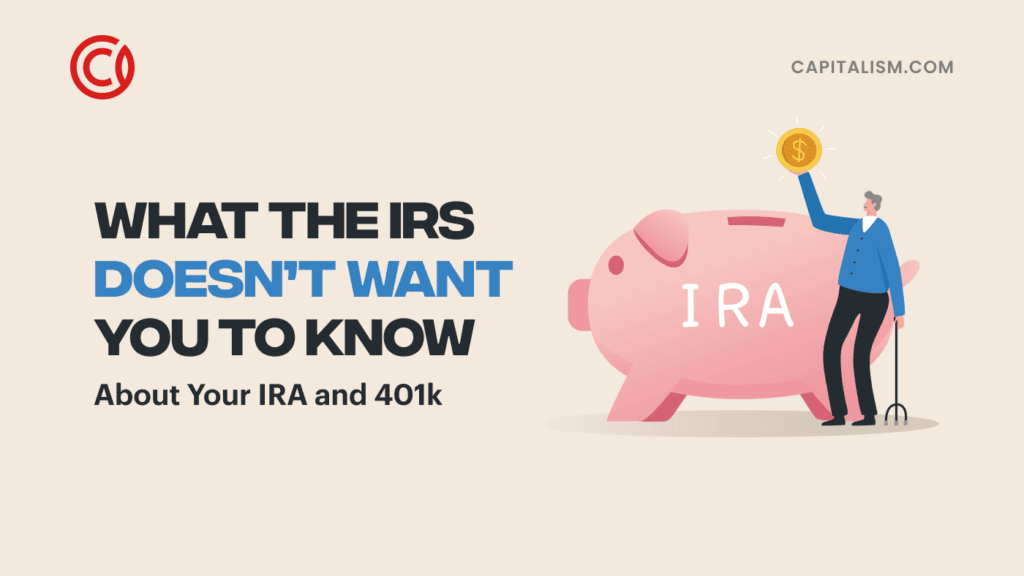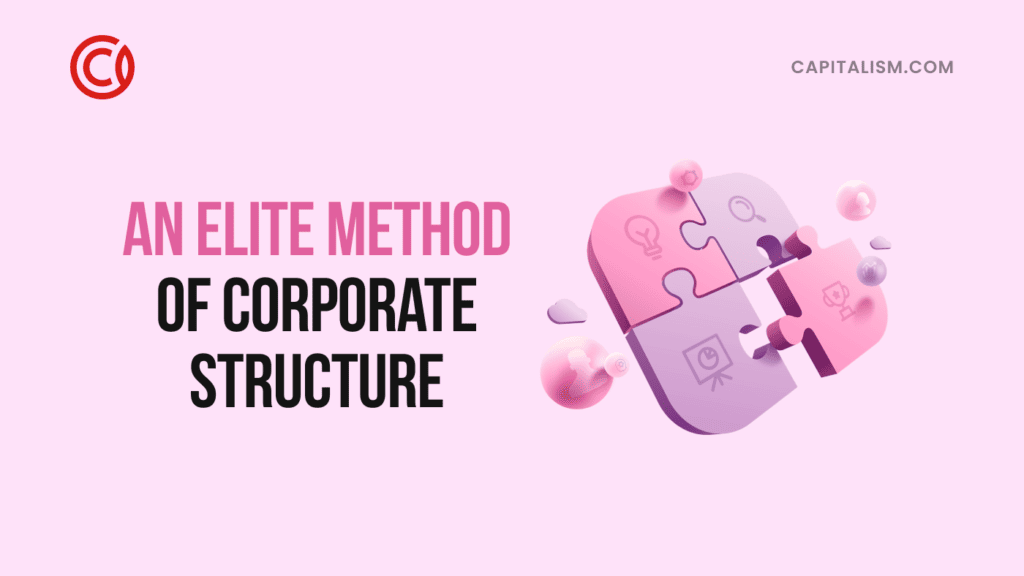5.1 percent of post-9/11 veterans are currently unemployed, according to a recent Bureau of Labor Statistics.
Nevertheless, despite improving job growth and a moderately healthy economy, unemployment among veterans still remains a crisis that has gone relatively unsolved.
Even with civilian life reentry programs, workforce training programs, and private-public initiatives to boost veterans' employment, a select number remain in a situation that doesn't yield new employment, thus stimulation into the economy they put their lives on the line for.
The BLS projection also concluded that the new stat for post-9/11 veterans unemployment continues to "lag" behind the rates of all veterans and the whole civilian population participating in the workforce.
Possible solutions to solving the unemployment of veterans vary, but — even when several of these programs do yield positive results — some manage to slip through the cracks.
Is this the fault of the veteran, an individual who, in many cases, possesses a highly technical skill set paces ahead of the typical job market?
No. It's the fault of a broken system run by the federal government instead of a free market solution.
A Broken System
Beginning in 2011, a major effort from the private and non-profit sectors began to mitigate the soaring unemployment of transitioning military personnel.
Even when the government created a slew of new programs to give veterans an upper hand in getting hired, the lacking of the programs reflects as there is still a notable population of veterans that don't have access to gainful employment in the private, public, and non-profit sectors.
Despite efforts from the previous administration to overhaul Transition Assistance Programs (TAP), the ultimate failure of the government's programs is reflected in a variety of areas.
The Department of Veterans Affairs, for example, has long been overextended in delivering on pensions, adequate mental and general healthcare while disability claims take months, even years to process. In the interim, veterans either are forced on to other entitlement programs if they cannot attain employment or they succumb to homelessness.
The debate of whether the problem has gotten worst is still fervent.
Under the Trump White House, a benefits cuts for elderly veterans was "dead on arrival"; however, the reasons to fix benefit funds should be seen in the financing within the finances of the agencies responsible.
VA is not responsible with funds, nor does it seem t0 show any concern for the major crisis the agency places on veterans.
Because of fiscal irresponsibility, an overpaid senior executive service, and widespread of mismanagement, the costs of these failures will not only affect veterans and their benefits but also when it comes to their tax obligations. Tax obligations will also worsen for firms and--in a theory--will force business to shutter and limit available jobs.
Giving veterans access to higher educational opportunities should be reevaluated, in addition. According to a Military Times analysis, veterans using tuition assistance resources and the post 9/11 G.I. Bill declined in the 2016 fiscal year.
Though veterans are able to transfer their benefits to their dependents, among other similar activities, those functions remain limited as DoD authorities are not doing enough to spell out the potential benefits of having a degree in a high-tech economy.
Other concerns stem from a sentiment that many businesses, especially small businesses, are not adequately informed to the prospect of hiring veterans. Such a sentiment falls onto agencies, and state and local entities, that cover this area of policy, like the Equal Employment Opportunity Commission.
In the end, the government's approach, like usual, will work initially; however, it will become too costly and unbearable to maintain in current fiscal states.
As seen with over bloated pension programs that aren't reformed to match the state of the market at the time and remain on auto-pilot, veteran pensions, and other benefit funds will grow without regard to the importance of a free market-oriented approach to the problem.
A Free Market Solution
It's fair to admit that there is no "pure" free market approach at this moment in time; however, companies need to continue to innovate and employ veterans--without being compelled by the government and its broken system.
Among findings from the George W. Bush Presidential Center, in conjunction with the U.S. Chamber of Commerce Foundation, corporations who witness challenges for onboarding veterans need to recognize a veteran's process upon leaving active duty service coupled with post-service employment.
Some key recommendations range from having firms leverage internship, fellowship, and apprenticeship programs to identify opportunities to customize transition assistance programs. Plus, understanding the technical expertise that many veterans acquire can help executives and hiring authorities to find the best possible matches in their firms.
Companies will get unmatched, highly skilled labor through bringing on veterans. And, the efforts to fight issues of unemployment should be spearheaded, more, by the private sector.
What are your ideas for solving post-9/11 veterans unemployment problems? Let us know in the comments.
MORE ON SOLVING UNEMPLOYMENT FROM CAPITALISM.COM:
• Misguided Government Intervention, Not Automation, Is The Biggest Threat To Workers
• While Trump Vows To Bring Jobs Back, Skilled-Labor Shortages Worsen
• Why We Should Pay Attention to Labor Force Participation, Not Just Unemployment











